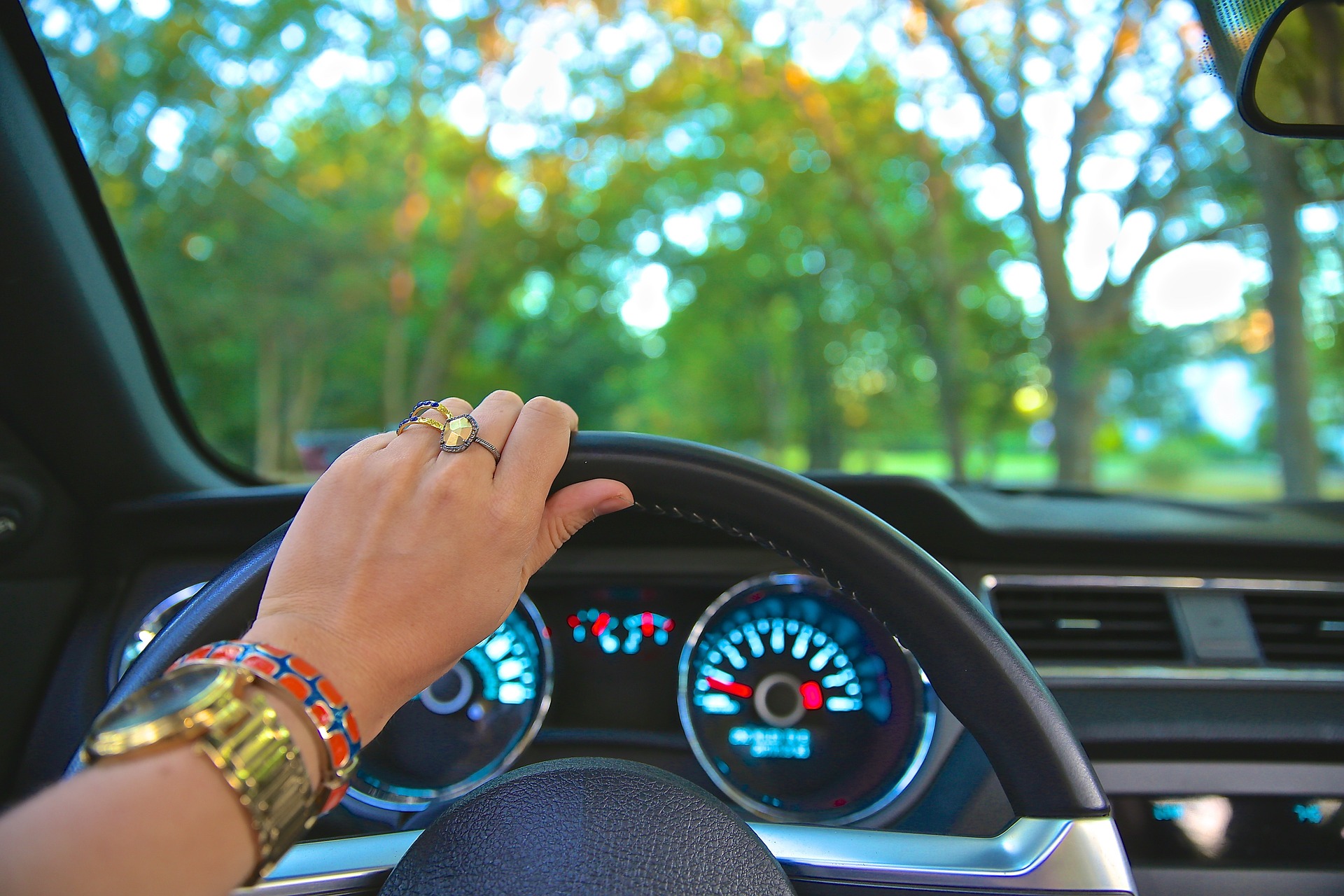If you’ve just had your windshield replaced, you’re probably wondering: how long after windshield replacement can I drive? The answer isn’t always straightforward. It depends on several factors, including temperature, humidity, and the type of adhesive used.
In this post, we’ll explain how long it takes to replace a windshield, what affects the safe drive-away time, and why patience is essential for your safety.
How long after windshield replacement can I drive my vehicle?
Most windshield replacements are quick and convenient. On average, you can drive your car about 60 minutes after your windshield has been replaced.
However, the actual time can vary. While some adhesives cure within 30 to 75 minutes, others may require up to 24 hours to fully set. Your Auto Glass Express technician will always let you know the minimum safe
drive-away time for your specific replacement.
How Long Does It Take to Replace a Windshield?
The replacement process itself usually takes 60 to 90 minutes, depending on your vehicle type and the complexity of the installation.
After installation, the real waiting begins. That’s when adhesives need to cure and bond the glass securely to your vehicle’s frame. Only once that bond is strong can it safely support your vehicle’s structure and airbags in the event of an accident.
What factors affect safe drive-away time?
Temperature & Humidity
Weather plays a surprisingly big role.
- In warm summer months, adhesives cure faster. You might be back on the road within an hour.
- In cold or wet conditions (especially under 40°F), adhesives cure much more slowly. Technicians may use special products or even heat the adhesives to ensure proper bonding.
No matter the season, your technician will assess the conditions and provide clear guidance on when it’s safe to drive.
Type of Adhesive
Not all adhesives are created equal. Auto Glass Express uses high-quality, industry-approved products, but different formulas can have different cure times. Your technician considers both the adhesive and the environmental conditions to determine the best recommendation for your vehicle.
Why it's dangerous to drive too soon after windshield replacement
Driving before the adhesive has fully cured can have serious consequences.
If an accident occurs, the windshield may detach, leading to a higher risk of roof collapse or ejection from the vehicle. Worse yet, your car’s airbags rely on the windshield for proper deployment. A loose windshield can cause them to fail, compromising your safety.
After Your Windshield Is Replaced: A Quick Checklist
- Ask your technician for the exact safe drive-away time.
- Avoid slamming doors or driving over rough roads immediately after replacement.
- Wait at least 24 hours before removing retention tape (if applied).
- Refrain from car washes for 48 hours to allow complete curing.
Trust Auto Glass Express for Safe, Expert Windshield Replacement
At Auto Glass Express, we’re committed to quality and safety. Our technicians will clearly explain how long after windshield replacement you should wait before driving.
Need fast, reliable windshield replacement? Contact Auto Glass Express today and schedule your appointment. Your safety comes first—and we’ll make sure you’re back on the road with confidence.

